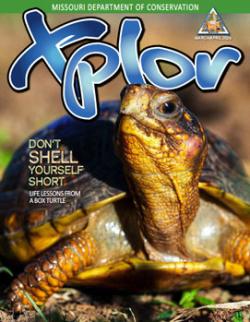
Xplor reconnects kids to nature and helps them find adventure in their own backyard. Free to residents of Missouri.













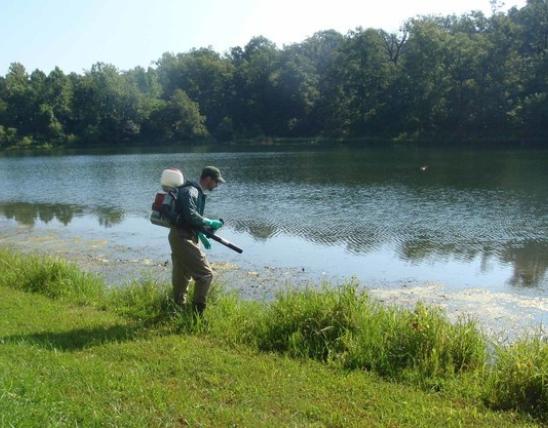




















Stay in Touch with MDC news, newsletters, events, and manage your subscription

Xplor reconnects kids to nature and helps them find adventure in their own backyard. Free to residents of Missouri.
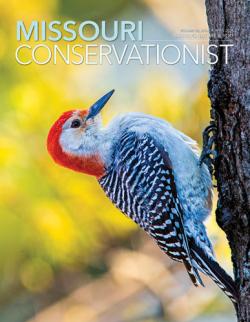
A monthly publication about conservation in Missouri. Started in 1938, the printed magazine is free to residents of Missouri.
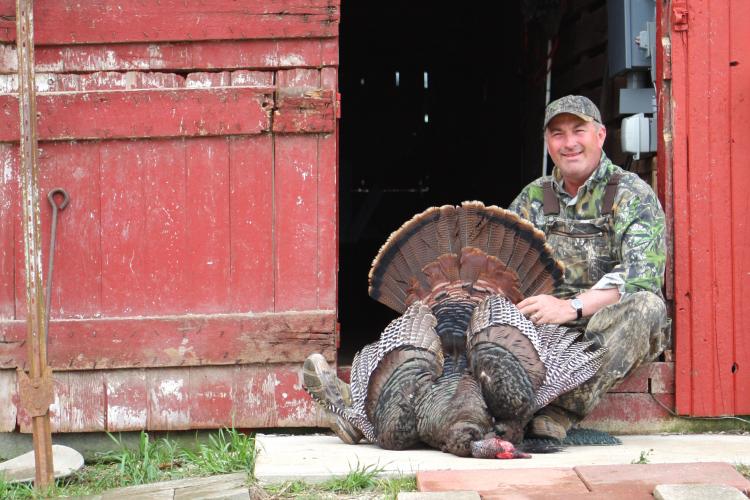
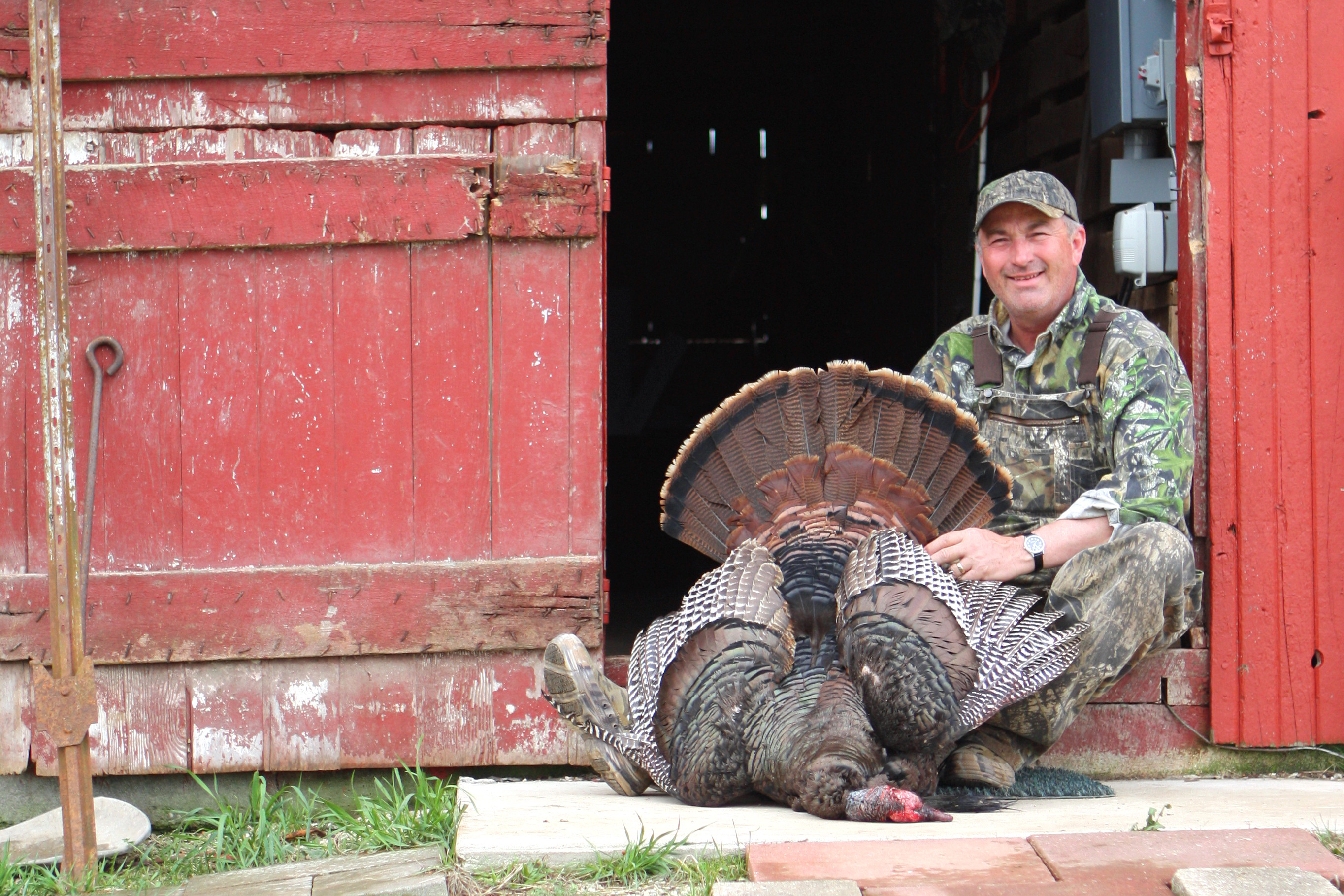
JEFFERSON CITY– David W. Murphy, nominated to serve on the Missouri Conservation Commission, is a living example of what outdoor mentorship can accomplish. He says he wants to pay forward the gifts he has received.
Gov. Jeremiah “Jay” Nixon announced the nomination June 4. If confirmed by the Missouri Senate, Murphy would serve a term ending June 30, 2019.
Murphy, 59, is a Lewis County native. He owns and operates a 376-acre farm in Clark County, where his family has been farming since 1857. He grew up driving a tractor, tending hogs and cattle, and hunting and fishing with his family.
Murphy earned a bachelor of science degree in forest, fisheries and wildlife and a master’s degree in wildlife management, both from the University of Missouri-Columbia. After college he worked as a regional director and field supervisor for the National Wild Turkey Federation. He recently retired from a 10-year stint as executive director for the Conservation Federation of Missouri (CFM). In 2009 Outdoor Life magazine named Murphy one of 25 Most Influential People for the Future of Hunting and Fishing.
Murphy traces the roots of his conservation career to his earliest childhood memories.
“My family were hunters and fishermen all the way back before the Conservation Department was formed,” he says. “My great grandfather was a market hunter, and my dad and his father always had dogs to hunt quail and raccoons. I can remember my dad carrying me in his arms on a coon hunt.”
Murphy says his maternal grandfather introduced him to fishing, and he grew up being a river rat.
From all the foregoing, Murphy’s career track might seem predictable. But he says there is more to his story than strong family ties to the outdoors. Three conservation agents, who were family friends, also played key roles in shaping his life goals. Conservation agent Bob King would go on to become chief of the Conservation Department’s Protection Division. Phil Rice later served as Protection Division supervisor in northwest Missouri. Then there was Conservation Agent Dean Novel.
“Dean was a profound influence on me because of the guidance he gave me,” says Murphy. “I told him one day I wanted to be a conservation agent just like him. He told me I was doing pretty well in school, so I ought to become a biologist.”
Murphy also credits his third-grade teacher, Mrs. Bowen, for encouraging his budding interest in nature. She noticed his keen interest in animals when he just a first-grader and gave his teacher, Mable Walker, a copy of The Wild Mammals of Missouri by Charles and Elizabeth Schwartz for him to use while learning to read. That book, with its wealth of lifelike illustrations and details about the lives of animals, fired his imagination.
“I don’t know where I would be today without those folks who took an interest in me when I was young,” says Murphy, “but you can bet I wouldn’t have been able to do as much as I have.”
When he retired earlier this year, Murphy had business cards printed up proclaiming his new title – citizen.
“I think that’s the most honored title a person can have,” he says. “It was citizens who had the love of nature, the vision and the drive to pass a constitutional amendment in 1936 removing conservation from political control. It was citizens who decided to amend the constitution again 40 years later to provide stable funding for their conservation department.”
Murphy looked forward to retirement as a time when he could fully enjoy his wife, Gunilla, and their daughters and grandchildren, not to mention hunting and fishing. Instead, he finds himself jumping back into the public arena, where he spent 25 years. He says he accepted Gov. Nixon’s appointment for the same reason he took the job as CFM’s director – to help protect Missouri’s unique system of conservation governance.
Murphy also notes that a huge majority of Missourians approve of the job the Conservation Department is doing. He wants to persuade the minority that conservation is a wise investment in the future. “We owe them an explanation, some understanding of why conservation has value. We have to explain it well enough so it makes sense to people if we want it to continue. I think my background has positioned me pretty well to be that standard bearer. I feel a great obligation to ensure that this world is as good a place as I can leave it for my grandson and for other grandsons and granddaughters out there.”
One area of conservation policy that has long been of special interest to Murphy is mentorship of young outdoors people. His personal involvement began many years ago when he noticed that fathers often brought their children along on fishing trips but ignored them while engaged in fishing. Murphy began bringing extra fishing gear with him when he went fishing and discovered that he got more enjoyment from helping children discover fishing than from fishing for himself.
Over the years he has advocated for measures to encourage young Missourians’ involvement in traditional outdoor activities. One example is youth hunting seasons, which allow adults to give their full attention to upcoming hunters. He says he hopes to continue promoting outdoor mentorship on the Conservation Commission, maintaining Missouri’s national leadership in hunter recruitment.
“We are one of the few states in the nation with a positive hunter-replacement ratio,” says Murphy. “I would like to be part of keeping it that way.”